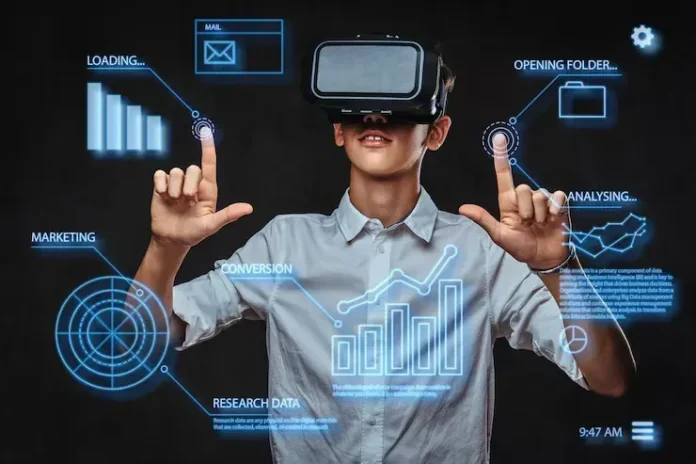In today’s world, technology has become the heartbeat of human existence. From the way we communicate to how we learn, work, and entertain ourselves, innovation continues to reshape our lives in remarkable ways.
The digital age has transformed traditional methods into faster, more efficient systems that save time and enhance productivity. Mobile phones, artificial intelligence, and automation are no longer luxuries but essentials that drive modern society.
For instance, a student in a rural community can now access global knowledge through e-learning platforms. Entrepreneurs can run their businesses entirely online, reaching clients across continents.
Health services have also evolved—patients can consult doctors through telemedicine without visiting a hospital physically. These advancements not only make life easier but also bridge social and economic gaps.
Yet, this digital transformation also comes with challenges such as data privacy issues, cyber threats, and social isolation. Despite these, one thing remains clear: technology is no longer the future—it is our present reality.
Artificial Intelligence and the New Era of Smart Innovation
Artificial Intelligence (AI) is one of the most revolutionary aspects of modern technology. It mimics human intelligence by analyzing data, recognizing patterns, and making decisions faster and more accurately than humans.
Today, AI powers everything from social media algorithms and virtual assistants like Siri and Alexa to autonomous vehicles and smart cities. Its ability to learn and adapt makes it a vital tool for progress in nearly every sector.
In education, AI is helping teachers personalize lessons to meet each student’s learning pace. In healthcare, AI systems are diagnosing diseases earlier and more accurately than ever before. Businesses use AI to predict market trends, enhance customer experience, and improve efficiency.
However, the rise of AI also raises ethical questions. Can machines replace human jobs entirely? Should we trust algorithms with critical decisions? While these debates continue, one truth stands firm—AI is here to stay, and its influence will only deepen with time.
Cybersecurity: The Silent Guard of the Digital Age
As technology expands, so does the threat landscape. Cybersecurity has become one of the most important aspects of modern technology, protecting sensitive data from hackers, identity thieves, and cybercriminals.
Every click, download, or online transaction creates data trails that can be exploited if not properly secured. Cyberattacks have grown increasingly sophisticated, targeting individuals, corporations, and even governments.
Organizations are investing heavily in firewalls, encryption, and multi-factor authentication systems to keep their data safe. Meanwhile, individuals must also take responsibility by practicing safe browsing habits and protecting personal information.
The rise in online scams, phishing, and ransomware attacks shows that no one is immune. Education about digital safety has become just as crucial as using the internet itself. In this fast-moving digital world, cybersecurity is not just a technical concern—it is a collective responsibility that demands awareness, vigilance, and ethical technology use to maintain trust in the digital ecosystem.
The Road Ahead: Opportunities and Challenges in a Tech-Driven World
The pace at which technology is advancing suggests that the next decade will be even more transformative. From blockchain and quantum computing to augmented reality and smart automation, the world is on the brink of innovations that could redefine every sector. For developing countries, these technologies present a unique opportunity to leapfrog into the future without relying heavily on outdated systems.
However, the challenge lies in accessibility and inclusivity. Not everyone benefits equally from technology, especially in regions where internet connectivity and digital literacy remain low.
Bridging this digital divide requires collaboration among governments, private sectors, and educational institutions. As we embrace the next wave of innovation, ethical responsibility must guide technological growth. The ultimate goal should not just be advancement, but advancement that uplifts humanity, fosters equality, and ensures that no one is left behind in the digital revolution.


